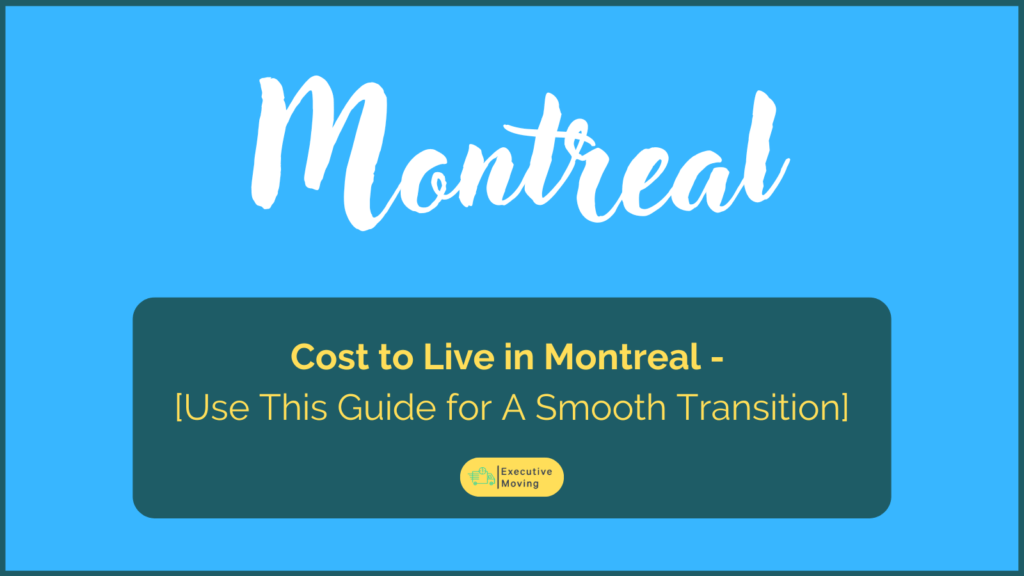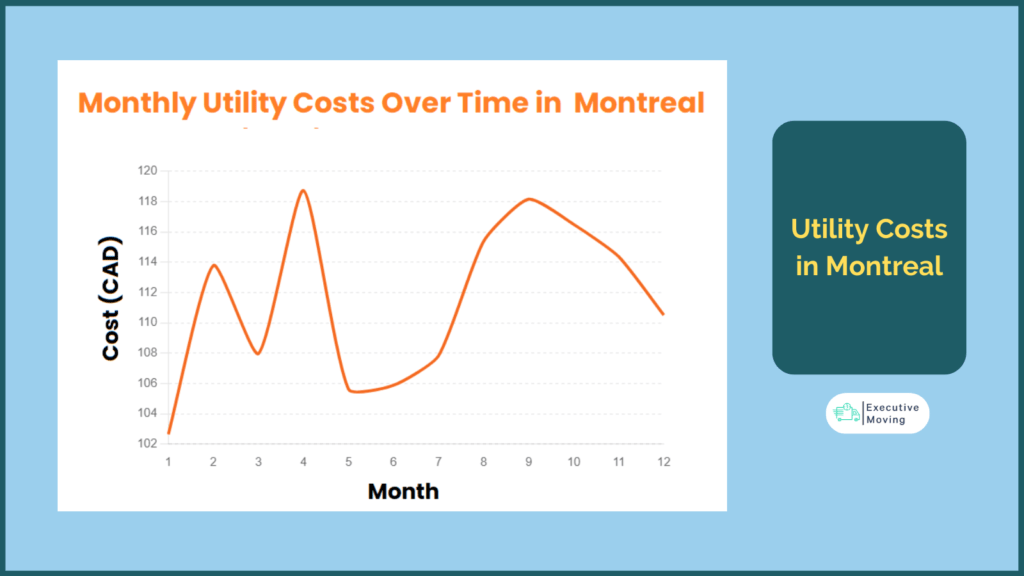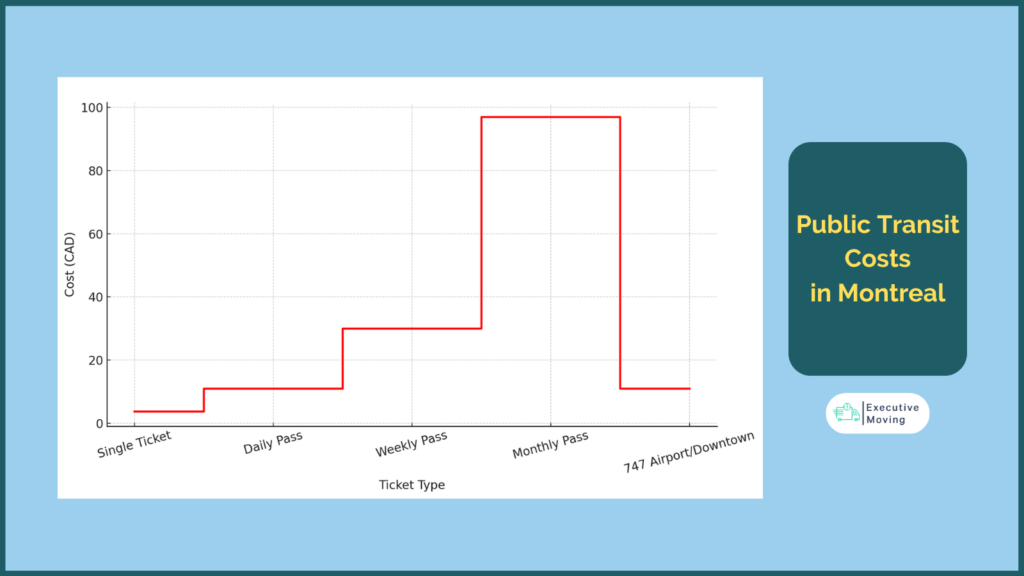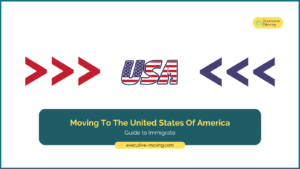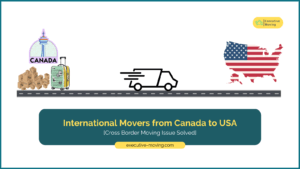
The Only Change of Address List You Need in Canada
The Only Change of Address List You Need in Canada As you gather your belongings and do the final roundup in your current apartment, the transition to your new apartment can be a time-consuming and overwhelming process. While you are in the midst of chaos, there is a high probability

